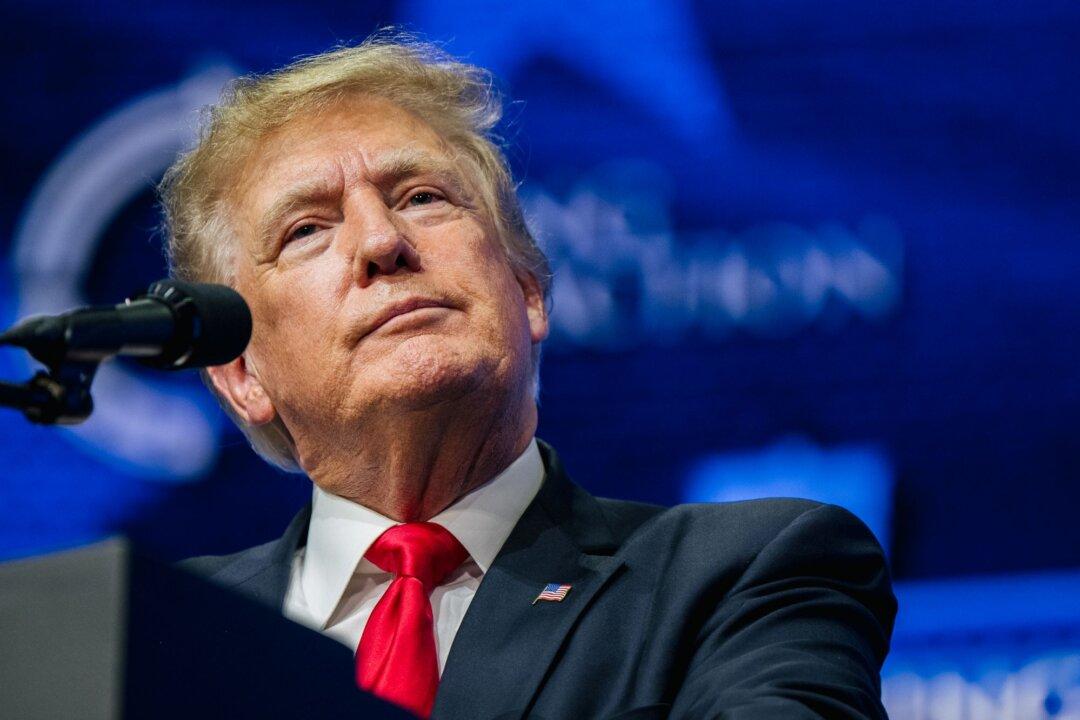Former President Donald Trump’s accountants have to give two years of tax records to Democrats in Congress, a federal judge ruled Wednesday.
U.S. District Court Judge Amit Mehta, in a partial win for the House Oversight Committee, said records from 2017 and 2018 must be handed over to the panel.





